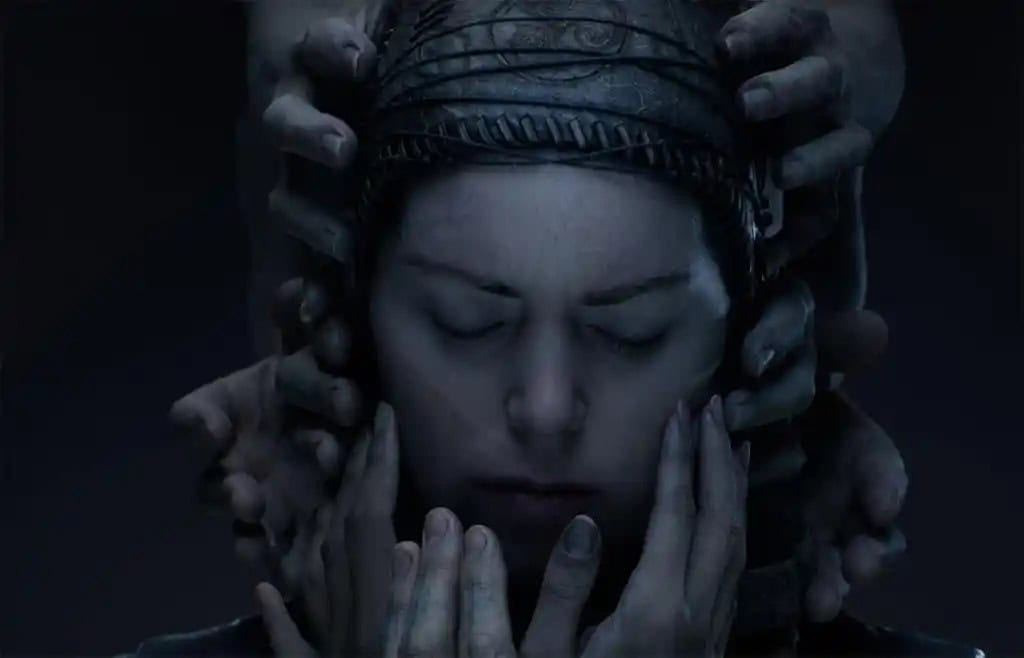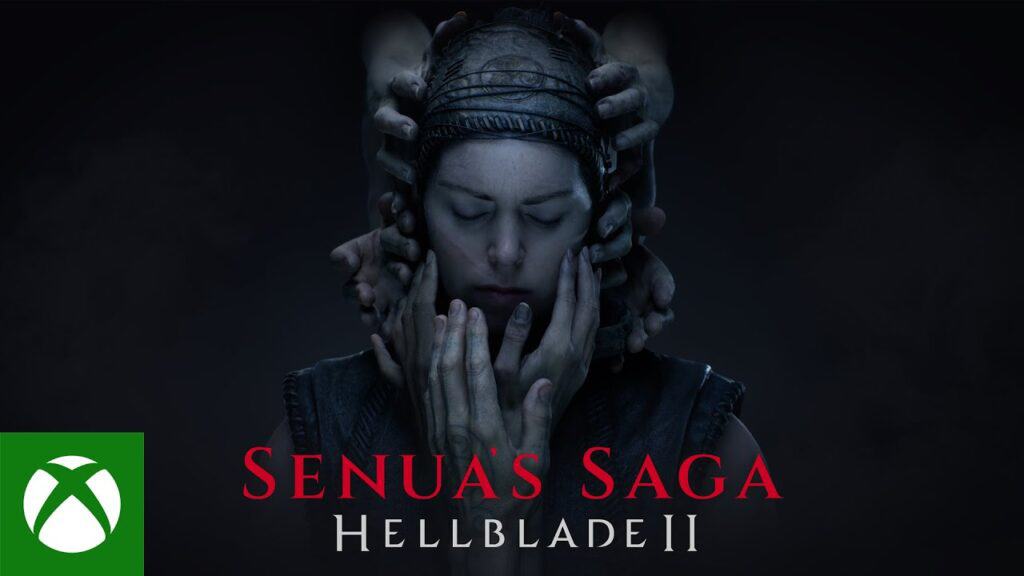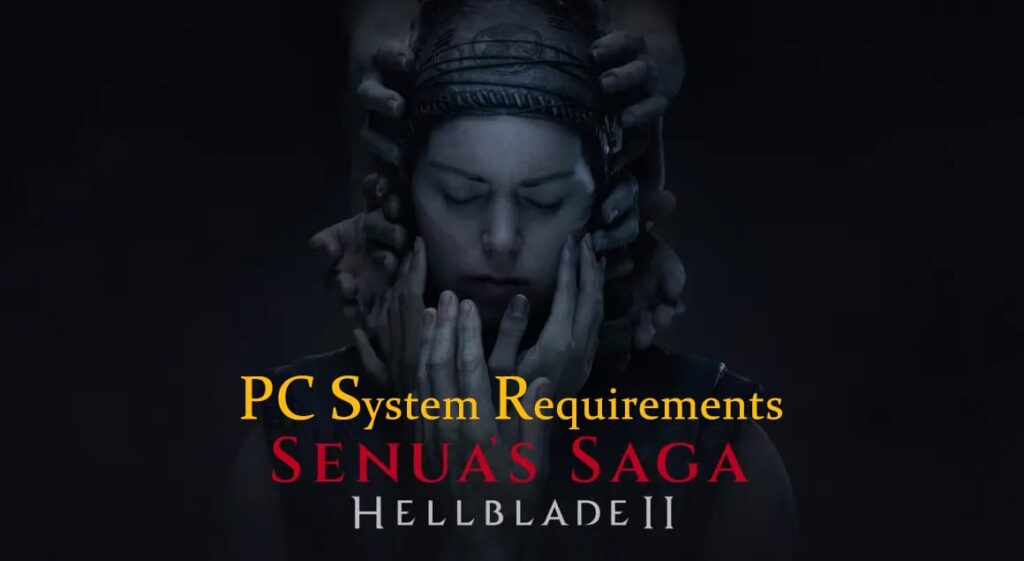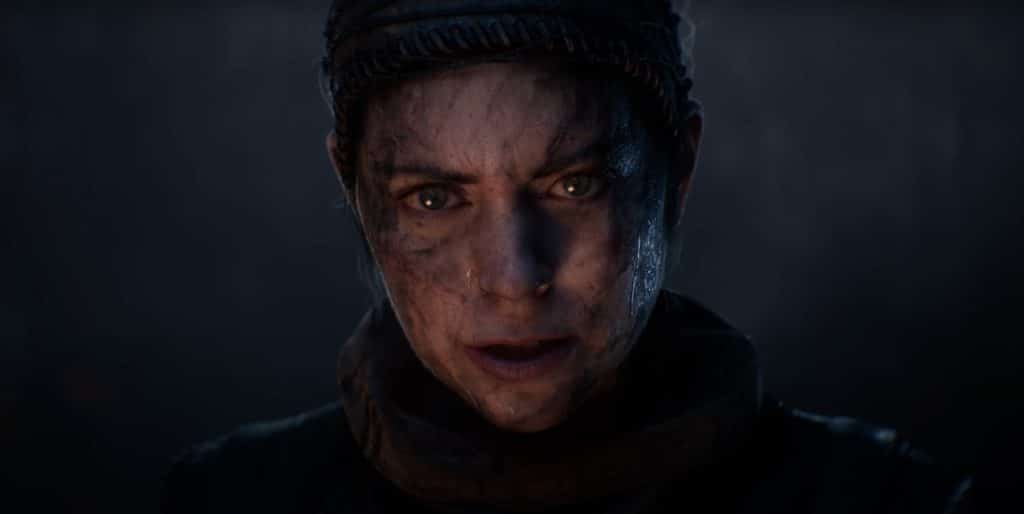The upcoming Hellblade II continues the series’ commitment to portraying mental health with sensitivity and accuracy, as showcased in a recent featurette by Xbox Game Studios and Ninja Theory. The video features a collaborative effort between developers, mental health experts, and individuals with lived experience of psychosis, underlining the meticulous approach taken to address this complex subject matter.
Hellblade 2 is a continuation of the first game. It is a direct sequel to Hellblade: Senua’s Sacrifice and picks up where the first game left off. The game follows Senua on a new journey as she tries to overcome her psychosis and save her people from a new threat.
The video shows us the protagonist Senua, her journey is complicated by her struggles with psychosis, her fractured reality provides a glimpse into this unsettling experience. Through binaural audio and expert voice acting, the game vividly recreates Senua’s auditory hallucinations, immersing players in her fragmented world. The game’s visuals, featuring fractal geometry and altered effects, mirror Senua’s emotional and psychological state, deepening the player’s connection to her experience.
The original Hellblade: Senua’s Sacrifice garnered widespread recognition for its portrayal of Senua’s battle with psychosis. The series has also sparked a wider conversation about mental health within the gaming community. Fans even shared that the game helped them understand their own or others’ experiences with mental health challenges. The sequel aims to build upon this legacy, leveraging expert insights and personal stories to ensure both authenticity and respect in its depiction.
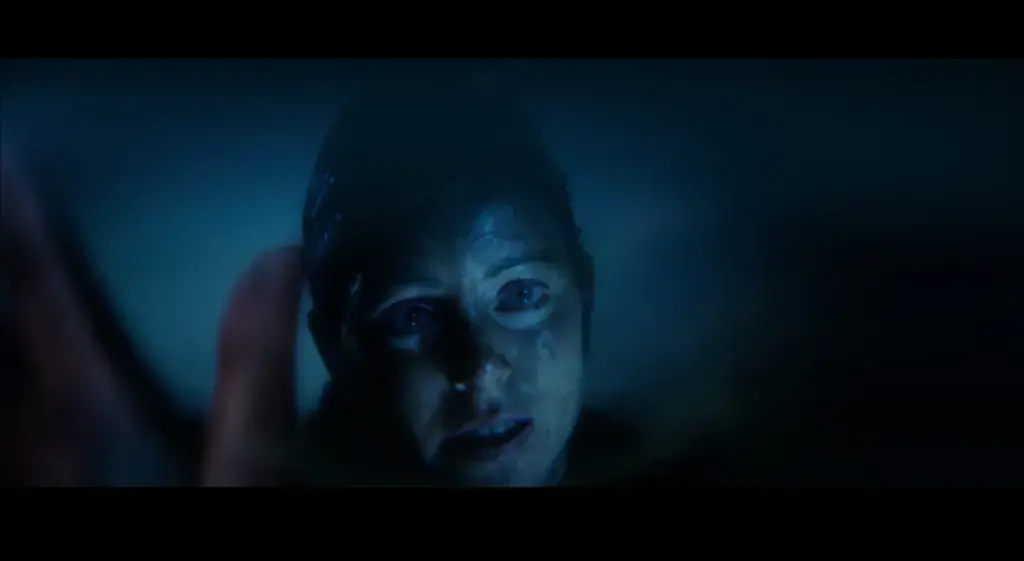
To ensure an accurate and respectful portrayal, the developers worked closely with individuals who have personally experienced psychosis. The video includes insights from individuals who have lived with psychosis, such as Eddie, who shares his personal experiences of living with psychosis and the journey of recovery. Eddie said, “To me, psychosis means living in a different reality, reality that isn’t shared with other people. Often, living with psychosis is dark and miserable while experiencing psychosis.”
There’s also input from Paul Fletcher, a psychiatrist and Professor of Neuroscience, who offered perspectives on how the brain processes reality and the factors that can contribute to psychosis. As Fletcher explains, “A person with psychosis might experience changes in their perceptions and their beliefs. For example, they might see or hear things that other people can’t, and they might come to believe things that are quite uncharacteristic for them. For example, they might feel that somebody, perhaps somebody even very close to them, is intent on trying to harm them. Now it’s very important to remember that this is not just a vague feeling or an imagination. To the person, it feels like their reality, just as everything around me feels like my reality to me.”
The Hellblade series is celebrated for its unique ability to raise awareness of mental health issues and foster empathy within the gaming community and beyond. By immersing players in Senua’s world, the games invite a deeper understanding of mental illness and the challenges faced by those living with it.
Ninja Theory’s dedication to promoting mental health awareness and destigmatization further solidifies the series’ positive impact. Through active engagement in conversations about mental health, they contribute to a broader effort to improve the lives of individuals affected by mental illness.
With Hellblade II coming out on May 21, 2024, anticipation grows for how the game will continue to break new ground and spark meaningful dialogue around mental health. By blending compelling storytelling, immersive gameplay, and a commitment to accuracy and sensitivity, the Hellblade series stands as a powerful example of how games can be a force for good.
As someone who has personally struggled with mental health challenges, the Hellblade series has deeply resonated with me. Witnessing Senua’s journey and the raw portrayal of her experiences has not only validated my own struggles but also fostered a sense of connection and understanding. It’s a testament to the power of video games to create meaningful experiences that go beyond entertainment.



